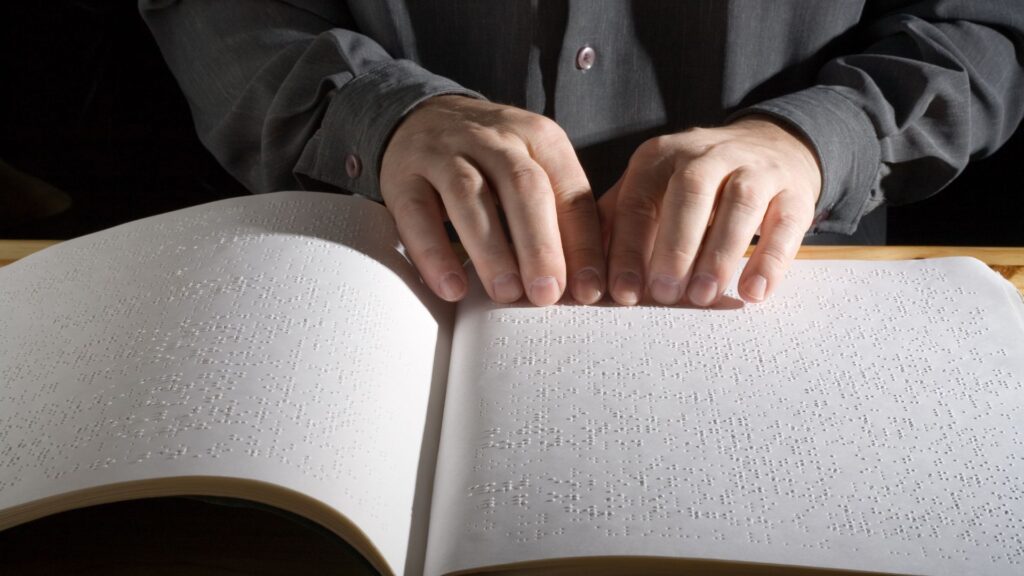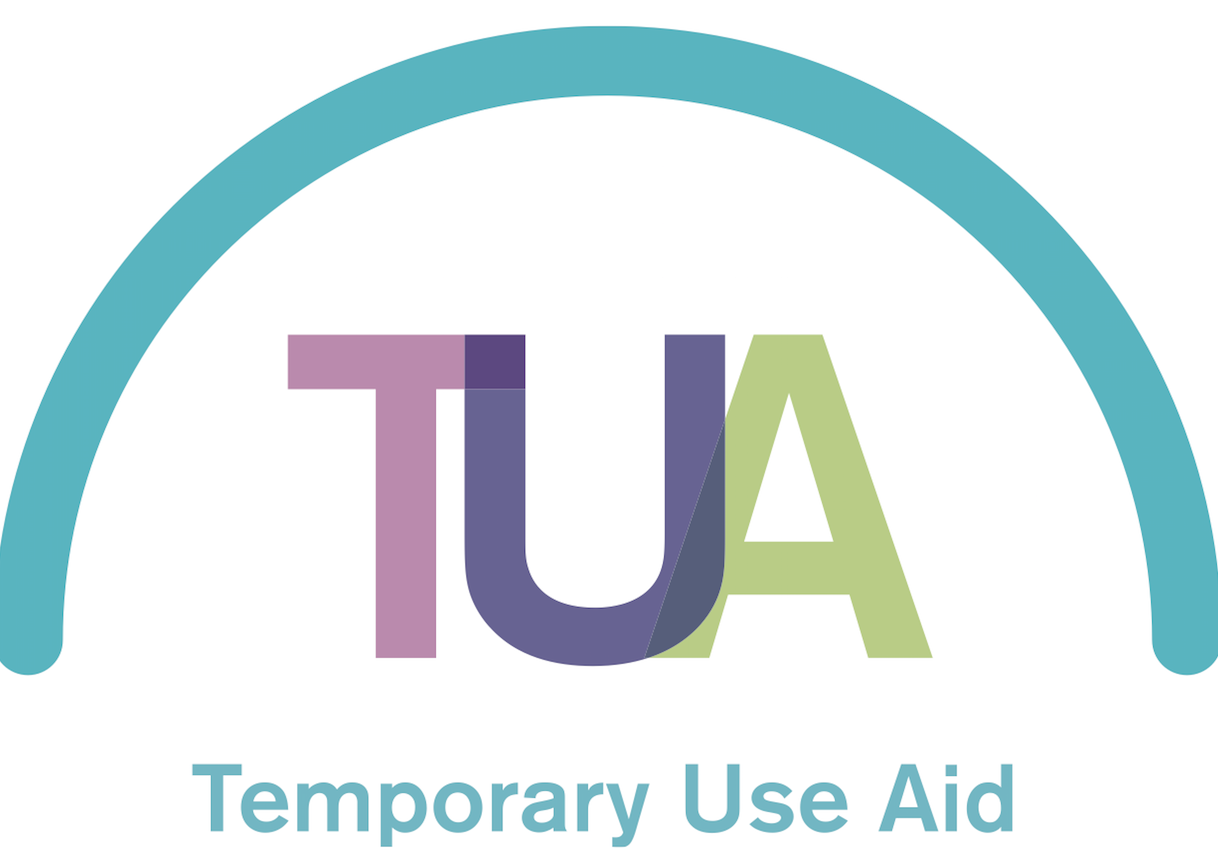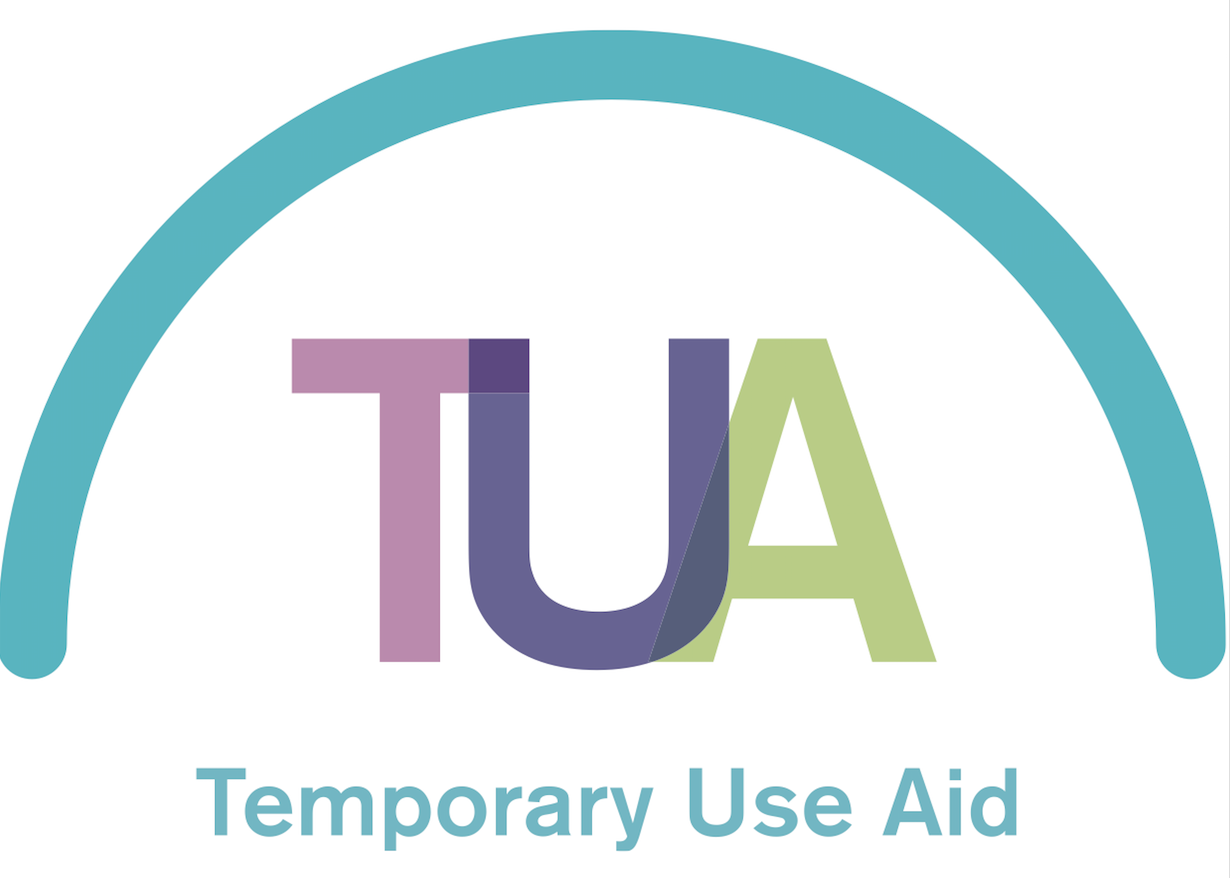Shining a Light on National Blindness Awareness Month: The Vital Role of Charities

October is a special month for those advocating for increased awareness and support for individuals living with blindness and visual impairments. It is National Blindness Awareness Month, a time to shine a spotlight on the challenges faced by the blind and visually impaired and the remarkable work carried out by charities to improve their lives. In this article, we’ll delve into the importance of raising awareness about blindness and explore the incredible contributions of charities in this regard.
Understanding Blindness
Blindness is a condition that affects millions of people worldwide. It can result from various causes, including genetic factors, diseases, accidents, and age-related conditions like macular degeneration and cataracts. Blindness doesn’t just affect one’s ability to see; it impacts nearly every aspect of a person’s life, from their mobility and education to their social interactions and employment opportunities.
The Need for Awareness
Awareness is the first step toward understanding and addressing the challenges faced by the visually impaired. National Blindness Awareness Month serves as a crucial platform to educate the public about the experiences of blind individuals and to dispel myths and misconceptions surrounding blindness. It is an opportunity to promote empathy and inclusivity in society.
Charities Making a Difference
Charities play an indispensable role in improving the lives of those with visual impairments. Their tireless efforts encompass a wide range of services and initiatives:
Support and Rehabilitation: Charities often provide essential support, such as counselling and rehabilitation services, to help individuals adapt to life with blindness. They offer training in mobility, daily living skills, and the use of assistive technologies.
Education: Access to education is a fundamental right, and charities work to ensure that blind students have equal opportunities. They provide accessible educational materials, facilitate accessible technology, and advocate for inclusive policies in schools and universities.
Advocacy and Awareness: Charities work tirelessly to raise awareness about blindness and advocate for the rights and needs of the visually impaired in government and public forums. They champion accessibility in public spaces and transportation, pushing for policies that make the world more accommodating to blind individuals.
Research and Innovation: Many charities invest in research to find treatments, therapies, and technologies that can improve the quality of life for those with visual impairments. They collaborate with scientists and researchers to develop cutting-edge solutions.
Community Support: Charities often create communities of support where blind individuals can connect with one another, share experiences, and build a strong network. This sense of community can be immensely empowering.
How You Can Get Involved
Supporting National Blindness Awareness Month is not limited to charities alone. Individuals can make a meaningful difference by:
Educating Themselves: Learn about the challenges faced by the blind and visually impaired and how you can be more inclusive and empathetic.
Donating: Contribute to charities and organizations dedicated to improving the lives of those with visual impairments.
Volunteering: Many charities rely on volunteers to assist with various activities and services. Your time and skills can be invaluable.
Advocating: Join the cause by advocating for accessible infrastructure and policies in your community. Support legislation that promotes inclusivity and equality.
Conclusion
National Blindness Awareness Month is a time to acknowledge the hurdles faced by blind and visually impaired individuals and to appreciate the invaluable work of charities dedicated to improving their lives. By raising awareness and supporting these organizations, we can move closer to a world where everyone, regardless of their visual abilities, can lead fulfilling and empowered lives. Let us commit to fostering a more inclusive society where the light of understanding and empathy shines on all.


No responses yet